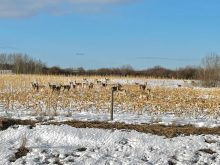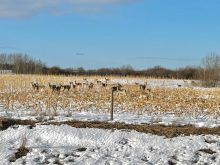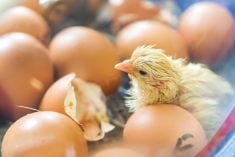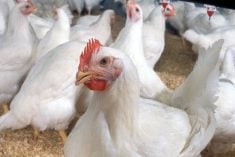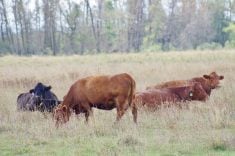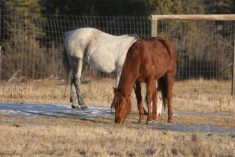Manitoba’s office of the chief veterinarian will be expanding its roster in northern Manitoba.
Two new positions will be added to the department, the province said May 16, part of a list of veterinary expansions. More than $250,00 will see animal health and welfare specialists posts based in Swan River and Thompson.
Most of the May 16 announcements pertained more to pets than livestock.
The Winnipeg Humane Society had funding for their One Health program boosted by $100,000 to $250,000. The program “provides mobile animal health services as well as spay and neuter clinics,” the May 16 release said.
Read Also
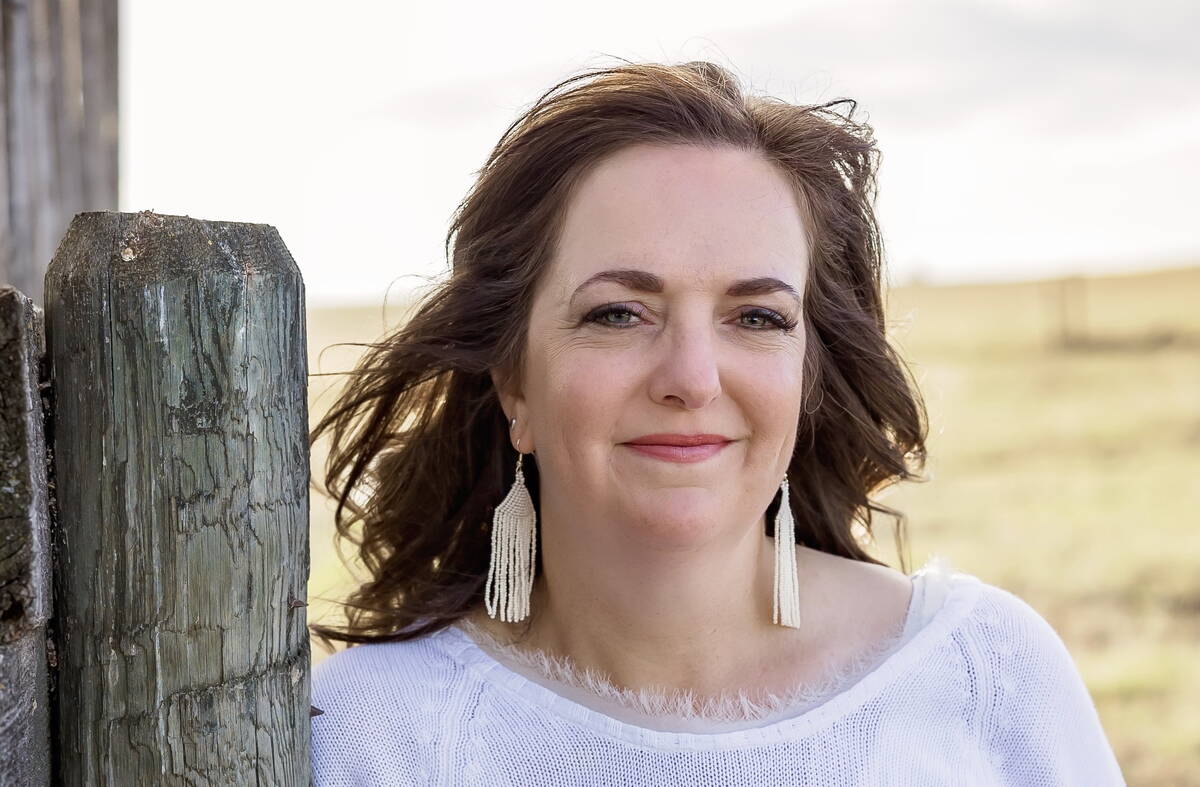
Canadian Cattle Association names Brocklebank CEO
Andrea Brocklebank will take over as chief executive officer of the Canadian Cattle Association effective March 1.
The humane society will match this with an additional $250,000, for a combined $500,000.
Northern, Indigenous and remote communities were singled out for support. The province noted $100,000 slated for the humane society’s collaboration with community groups in those regions.
In addition, $400,000 will go to a pilot in two undetermined northern or remote areas. That pilot will support community-led initiatives that, among other things, bolster dog population management, the province said.
Another $50,000 will go the Manitoba Veterinary Medical Association’s Community Vaccinator Program, which trains local residents to administer basic vaccinations under the supervision of licensed veterinarians.
“This approach will increase the number of animals vaccinated throughout the community and the support model,” Manitoba Agriculture Minister Ron Kostyshyn said.
The importance of spay and neuter services can’t be understated, said Christina Von Schindler, chief executive officer of the Winnipeg Humane Society.
“The simple procedure of a spay or neuter is a powerful tool to help reduce overpopulation of animals in Manitoba. This, in turn, reduces the number of dogs and cats who enter shelters and increases the safety of communities and its inhabitants across the province,” she said.
Dr. Esther Hillonov, past-president of the Manitoba Veterinary Medical Association, welcomed the funding as ” vote of confidence in a program that puts solutions into the hands of people who need them most.
“This funding will allow more communities and veterinarians to participate in this initiative by lowering the financial burden. This allows us to train more community-based vaccinators and cover the costs of equipment, vaccines and medications,” Hillonov said.
The funds were noted in Budget 2025, the province says.






